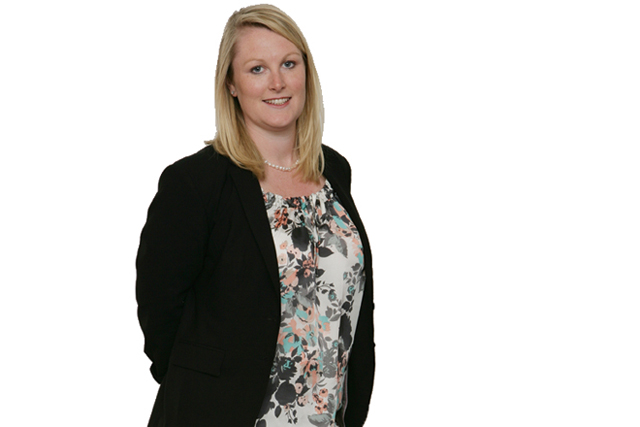Kate Rydings, Digital development manager, Unilever
Age 29
Rydings does not fit the usual Unilever graduate-trainee mould. After working in finance, event management and retail, she joined Unilever five months ago. It is a testament to her tenacity that she has already made her mark, forging ahead with innovative projects.
‘There is a realisation that we need to be where our consumers are and that means investing in digital,’ she says. This also means adapting campaigns, such as the recent launch of Flora Cuisine with ads fronted by Vernon Kaye and his mother. ‘We are working on maximising the impact of YouTube footage, but we need to bear in mind that consumers aren’t on Google searching for margarine,’ she adds.
Q&A
We asked Kate to give us her views on the marketing industry today, as well as give her advice to young marketers starting out.
Q: What is the biggest marketing challenge you face today?
A: The biggest challenge is keeping up and being ahead of the game. When you are working in big corporate brands the challenge is that channels are always changing and it takes a year for that to even reach the top.
We need to be six months ahead with digital development, we work directly with developers – not just digital agencies. We also tap into the global media team and it is their job to have direct relationships with the likes of Facebook to ensure we stay on top of innovation. It certainly feels like there is a lot of change across the business and we are working on increasing the skills of colleagues across the business.
Q: In your view what are the biggest trends in digital marketing our readers should be aware of?
A: Location based activity incorporating mobile technology still has a long way to go. Search is another key issue, it is a basic but a lot of brands get it wrong. The other key thing is gaming; social gaming will be a big trend for us.
Q: Are there any trends in digital which you believe are nothing more than ‘Emperor’s New Clothes’ propositions?
A: Augmented reality, I think they [digital agencies and suppliers] really push it but I have yet to see it really work
Q: How are you changing the media channels you use to better reach your consumers?
A: It is difficult for large corporations as there is an instinct to reach out to mass market audiences above all else. When, for example, you are targeting bloggers some of the most influential do not have that kind of reach. One of my key goals is to get our content out there and syndicate it through channels such as YouTube. It is a complete shift of mentality.
Q: What advice would you give to graduates starting out today?
A: I took an unusual route to Unilever and the risk is that a lot of young people today see graduate schemes as the only way in. It is important to be open to other ways into marketing and remember a job might not have marketing in the title but it can give you the skills you need to thrive. For example when I worked in events I was on the very frontline of marketing and I still refer back to things I learnt then.
Q: What are your most admired brands and why?
A: Apple, how they have made technology both accessible and exciting at the same time is inspiring. Their products have genuinely made my life easier and the brand lives in a ‘Beta Mindset’ and you really feel they are learning all the time. The other brand is Laura Ashley, quite different I know but I have just bought a house. They are a great example of a classic traditional brand which has managed to stay relevant.


